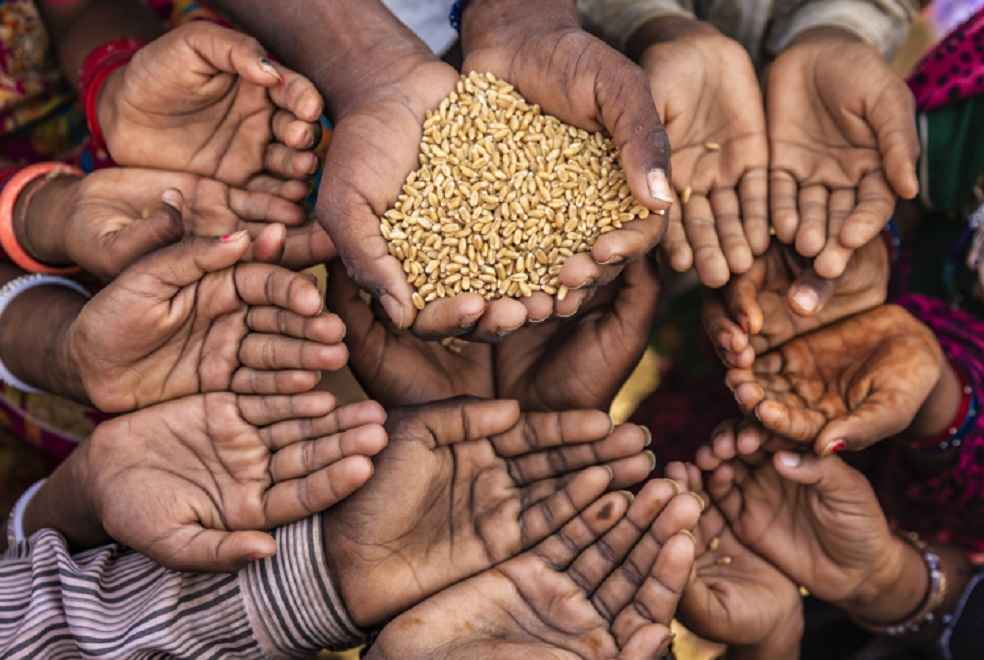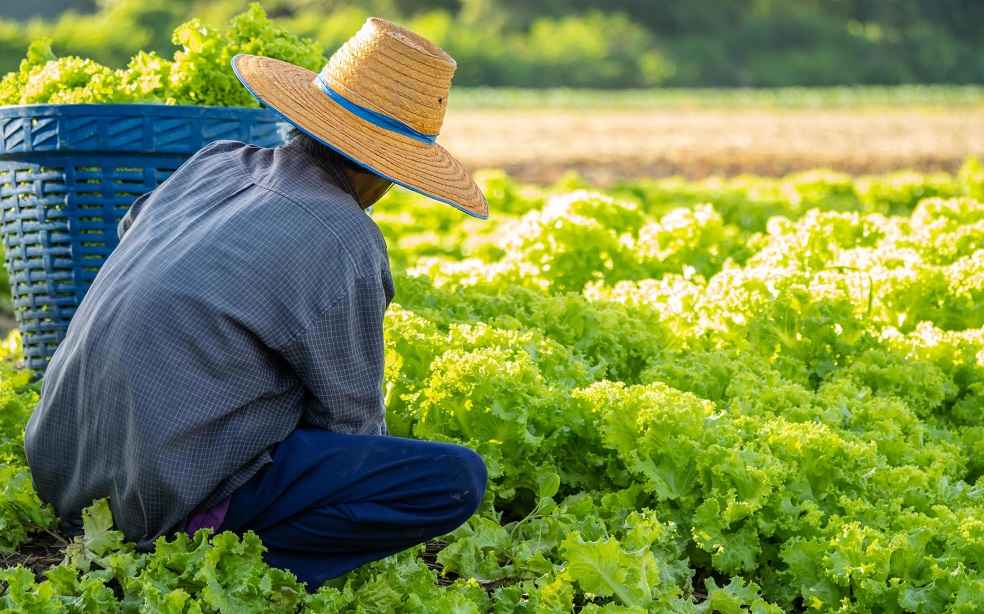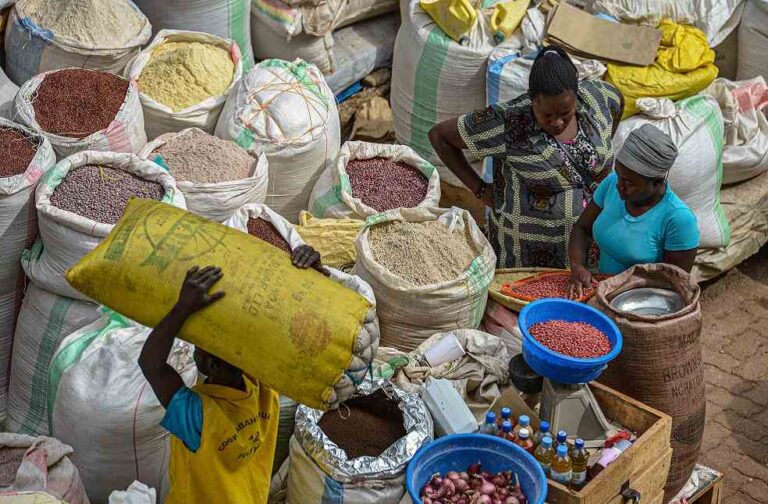African nations are taking new steps to restructure agricultural tariffs, seeking solutions to one of the continent’s most pressing challenges—food insecurity. Leaders and industry experts are gathering to break down tariff barriers that obstruct trade within Africa, especially regarding critical agricultural goods.
Speaking at the 2024 Africa Food Systems Summit in Kigali, AfCFTA Secretary General Wamkele Mene emphasized the need for reform. He pointed out that African countries, paradoxically, levy the highest tariffs on agricultural products traded amongst themselves, despite importing more than $100 billion worth of food from beyond the continent. “We impose barriers on our own, yet continue to rely on external sources to feed us,” Mene observed.
Across the continent, food shortages stem from both environmental disasters and human conflict. Namibia has sparked debate with its decision to cull 723 wild animals, seeking to relieve overgrazed lands and provide sustenance to drought-affected communities. Meanwhile, Sudan’s agricultural heartland, crippled by ongoing conflict, faces collapsed infrastructure and severely disrupted farming operations.

The recent IGAD report, reflecting on the food crisis affecting 62.9 million people across East Africa, exposes the depth of the issue. Countries like Kenya, South Sudan, Ethiopia, and Uganda are on the frontlines, grappling with widespread hunger. Despite possessing 65% of the world’s uncultivated arable land, Africa remains at the mercy of global food markets, frequently hit by price surges and currency volatility.
The African Development Bank’s analysis of 2020 data paints a grim picture: 15 African nations, including Eritrea, Egypt, Benin, and Sudan, imported more than 50% of their wheat from Russia and Ukraine. Six of these nations exceeded 70% dependence, highlighting their vulnerability to international supply chain disruptions. Every year, African countries collectively spend over $75 billion importing more than 100 million metric tons of cereal.
Still, a path to resilience is being charted. Mene advocates for the dismantling of intra-African trade barriers, enabling the continent’s agricultural powerhouses, such as Zimbabwe and Ethiopia, to meet domestic food demand. “We know that there are countries in Africa that have the capability to provide food security in Africa,” Mene noted.

Dr. James Mwangi, CEO of Equity Bank, has also called for a major shift. He argues that African agriculture must evolve from a social responsibility into a fully-fledged commercial sector. Mwangi compares Africa’s underutilized resources to Ukraine, whose agricultural output could potentially sustain the entire African continent, despite being just 60% the size of Tanzania. “Our challenge isn’t labor, but a lack of coherent policies and farmer empowerment,” he said.
Africa’s agricultural productivity remains alarmingly low, just a fraction of global standards. This disparity discourages both local and foreign investment, Mwangi noted. With Equity Bank holding $14 billion in available resources—60% of which remains unused due to a lack of attractive agricultural projects—Mwangi believes that policy reform could unlock significant capital flows. “Finance follows returns. When agriculture becomes profitable, investment will follow.”
Recent insights from AGRA (Alliance for a Green Revolution in Africa) underscore the transformative potential of private sector engagement. The 2024 Africa Agriculture Status Report highlights how investment in crops, technology, and infrastructure is revitalizing African agriculture. Countries like Malawi, where innovative seed varieties and enhanced processing facilities are boosting groundnut exports, illustrate this potential.

Nigeria’s cocoa sector, rejuvenated through strategic investment, is another success story. Ghana’s AgroCenta platform has revolutionized market access and credit availability for farmers, while Kenya’s burgeoning macadamia industry, supported by digital farming solutions, positions the nation as a leading exporter.
Private sector enterprises drive about 80% of Africa’s food economy, with MSMEs overseeing 85% of agrifood value chains. Institutions flush with capital, such as Equity Bank, are looking for opportunities to invest in this sector, provided policy frameworks create the necessary returns. Tariff reforms that facilitate intra-African trade will be key to ensuring that Africa becomes self-reliant and resilient to future disruptions.
BUSINESS GENERAL | Vietnam’s Footwear Industry Boosts Sustainability with New Raw Materials Centre



